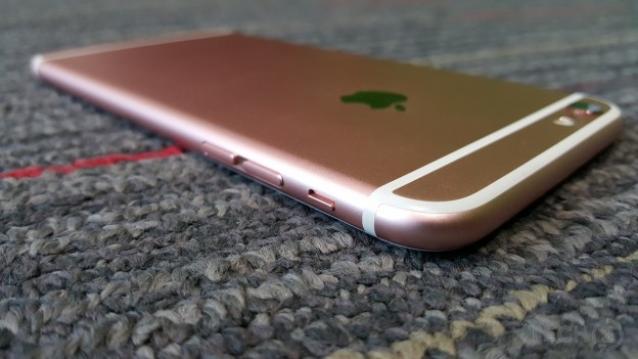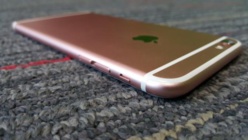In a move that will get approving nods from tech giants such as Google, and Facebook, the U.S. Justice Department has now sought to overturn a court ruling while compelled Apple to unlock its flagship smartphone in a New York drug case.
Last week a magistrate judge in Brooklyn had ruled that the Justice Department could not compel Apple to unlock its smartphone. Yesterday with the government resubmitting its arguments, the case has now gone to a higher judge who will oversee the matter.
Prosecutors in the NY drug case are using the ruling in the court’s ruling in the San Bernardino terror case as a precedent in its fight again Apple.
The clash between prosecutors and the tech company has now intensified over the extent of permissibility law enforcement agencies and intelligence officials can monitor digital communications.
A reading of its filings, yesterday, shows that the Justice Department has cited the California court decision as evidence that the All Writs Act has been used to force Apple to unlock its phones. More significantly, prosecutors have argued that in the New York case, the iPhone runs an older operating system, which Apple has cracked several times in previous such instances.
This line of argument by prosecutors come in the wake of U.S. Magistrate Judge James Orenstein ruling in Brooklyn last week that he did not have the legal authority as per the All Writs Act to compel Apple to extract data from its smartphone.
Agreeing with Orenstein's ruling, Apple said yesterday that the Justice Department's request would "thoroughly undermine fundamental principles of the Constitution."
Tim Cook, Apple’s CEO, has said he is willing to fight such cases upto the U.S. Supreme court. As to the government request for a “back door”, he said it could be abused by governments and by criminals alike.
In the New York case, the iPhone belonged to Jun Feng, who has since then pleaded guilty to participation in a methamphetamine distribution conspiracy. The Justice Department wants to unlock Feng's smartphone to find his conspirators.
Unlike the San Bernardino case, Feng's iPhone runs iOS 7. It does not have the same encryption technology as the previous case.
"Apple has the technological capability to bypass the passcode feature and access the contents of the phone that were unencrypted," said the Justice Department in its filing yesterday.
The Justice Department has requested District Court Judge Margot Brodie to hear the case.
Last week a magistrate judge in Brooklyn had ruled that the Justice Department could not compel Apple to unlock its smartphone. Yesterday with the government resubmitting its arguments, the case has now gone to a higher judge who will oversee the matter.
Prosecutors in the NY drug case are using the ruling in the court’s ruling in the San Bernardino terror case as a precedent in its fight again Apple.
The clash between prosecutors and the tech company has now intensified over the extent of permissibility law enforcement agencies and intelligence officials can monitor digital communications.
A reading of its filings, yesterday, shows that the Justice Department has cited the California court decision as evidence that the All Writs Act has been used to force Apple to unlock its phones. More significantly, prosecutors have argued that in the New York case, the iPhone runs an older operating system, which Apple has cracked several times in previous such instances.
This line of argument by prosecutors come in the wake of U.S. Magistrate Judge James Orenstein ruling in Brooklyn last week that he did not have the legal authority as per the All Writs Act to compel Apple to extract data from its smartphone.
Agreeing with Orenstein's ruling, Apple said yesterday that the Justice Department's request would "thoroughly undermine fundamental principles of the Constitution."
Tim Cook, Apple’s CEO, has said he is willing to fight such cases upto the U.S. Supreme court. As to the government request for a “back door”, he said it could be abused by governments and by criminals alike.
In the New York case, the iPhone belonged to Jun Feng, who has since then pleaded guilty to participation in a methamphetamine distribution conspiracy. The Justice Department wants to unlock Feng's smartphone to find his conspirators.
Unlike the San Bernardino case, Feng's iPhone runs iOS 7. It does not have the same encryption technology as the previous case.
"Apple has the technological capability to bypass the passcode feature and access the contents of the phone that were unencrypted," said the Justice Department in its filing yesterday.
The Justice Department has requested District Court Judge Margot Brodie to hear the case.















